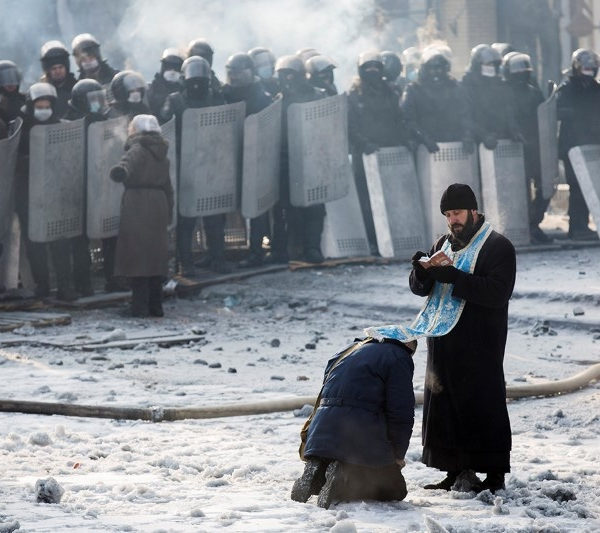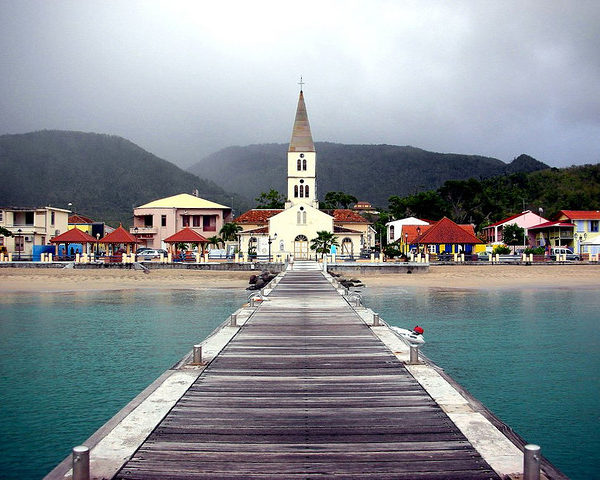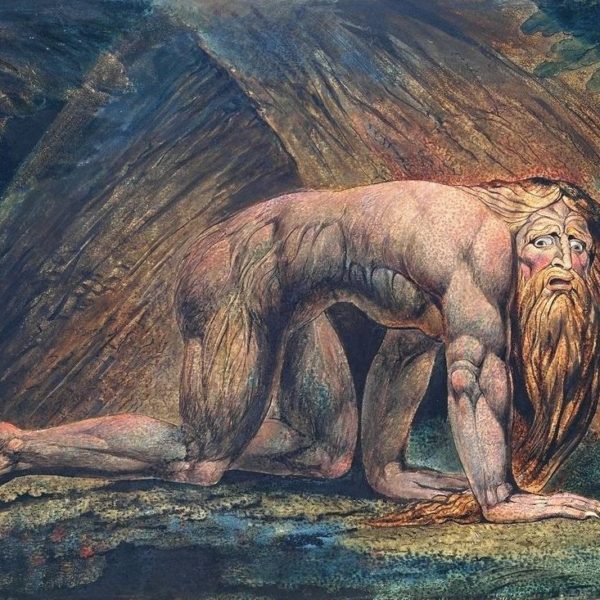
The first goal was to open up how students “read” a text, which in turn means opening up how they understand both “scripture” and religion. In that regard I consider myself a Blakean – I read the texts as poetry, most of all, but reified into “theology” and law by “priestly” types, so that, to experience those texts again we must go behind how catechisms have taught us to read them.
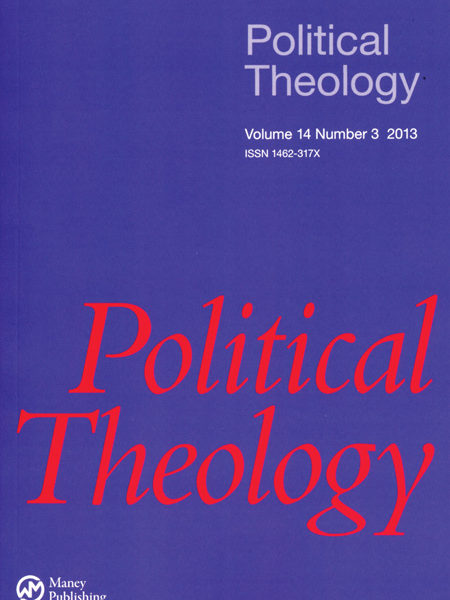
This issue of Political Theology focuses on the theme of “religion and radicalism.” It is one of the fruits of an international research network of the same name, a network that has members from nearly every inhabited continent on the globe.
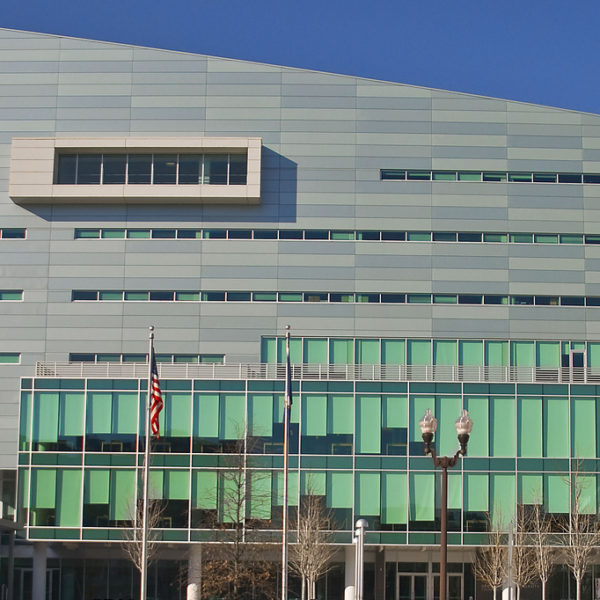
When I was asked to contribute syllabi on political theology I thought it would be a great chance to look back and reflect on how my thinking and teaching on the topic have evolved. I think of a course I am currently teaching under this rubric, even though its title and official description eschew all reference to theology, and some of the very first courses I taught were expressly geared toward the topic of political theology.
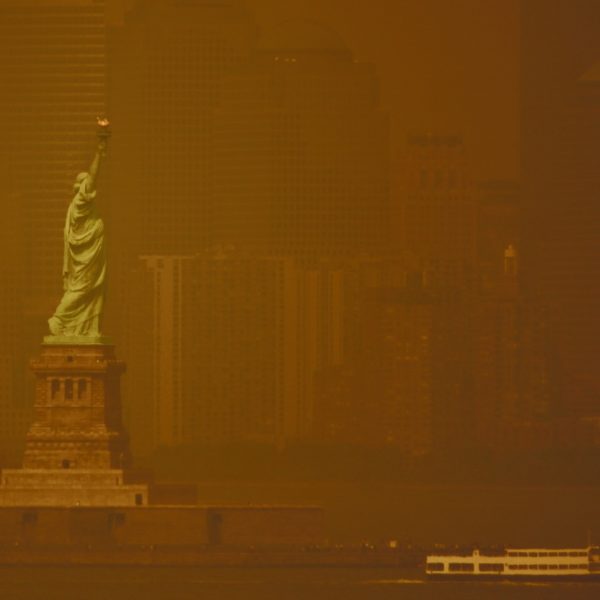
In a recent article defending a “nudge” approach to public policy, where behavioral economics is employed to provide mild modifications of individual preferences and behaviors in ways that serve said individuals’ good, Charles Mathewes and Christina McRorie take Richard Williams to task for his “libertarian” criticisms of the nudge approach. I’m rather sure that the libertarianism they attribute to Williams is neither necessary for his argument or a remotely accurate portrayal of libertarianism as a political philosophy.
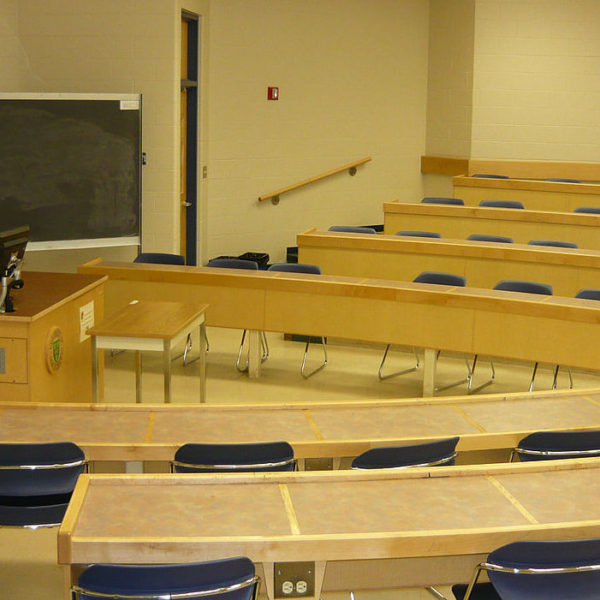
The phrase “political theology” is used in many ways, across many disciplines. Over the past few years, an increasing number of courses have been offered calling themselves Political Theology, or describing their topics as political theology. We have invited faculty from political science, religious studies, theology, and history who teach courses on political theology to share their syllabi on this blog over the coming weeks, and to reflect on political theology pedagogy
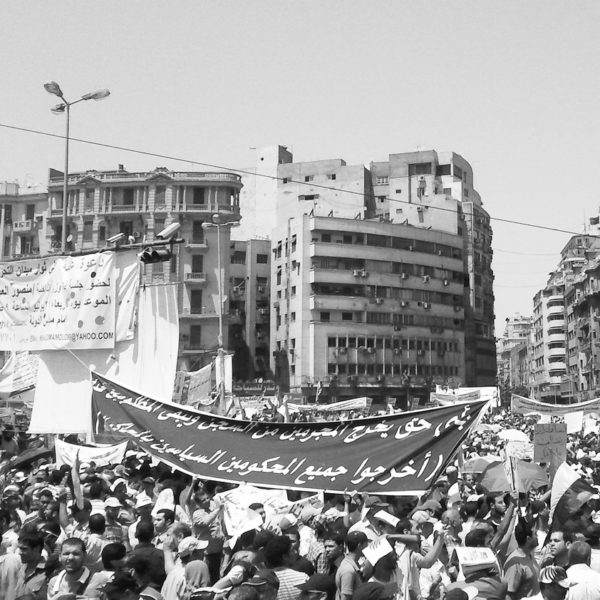
. . . It all sounds so beneficial, benignly urging us towards a better life and perhaps even a better society. The problems with ‘nudging’, however, are significant, although I restrict myself to the key ones: it misses the dialectic of nature and nurture; it misses the very conditions under which nudging take place; and it lacks a proper sense of the role of reform.

We would like to begin with agreement on something fundamental. The team of Mathewes and McRorie are surely correct about the persistence of nudging in our lives. We are nudged by the cereal company that pays to have its product on the top shelf. The little tables at the end of aisles in Barnes and Noble are miniature subdivisions with real estate sold to publishers. Those tiny neighborhoods of books are nudges.

Following the very useful list posted on Religion in American History, we’ve put together a list of several forthcoming books relevant to political theology to keep an eye out for as they are published in the coming months. If we’ve missed any, please share them in the comments. Come summer, we hope to have another list for you, introducing all the books due in the second half of the year.
